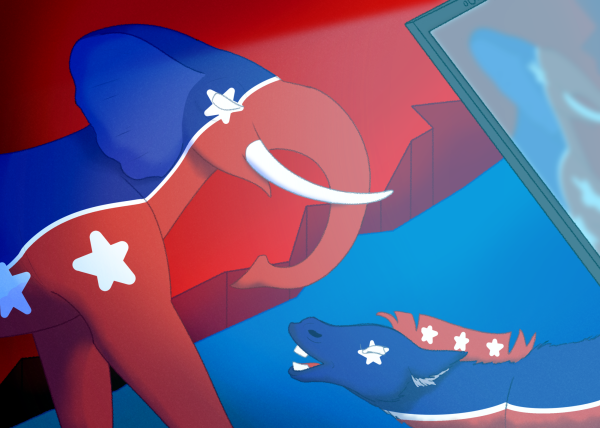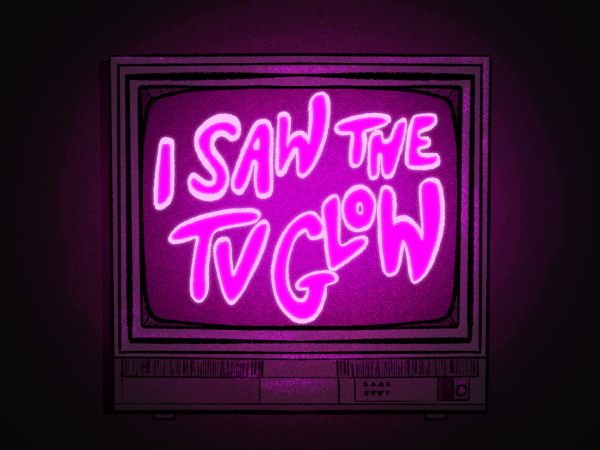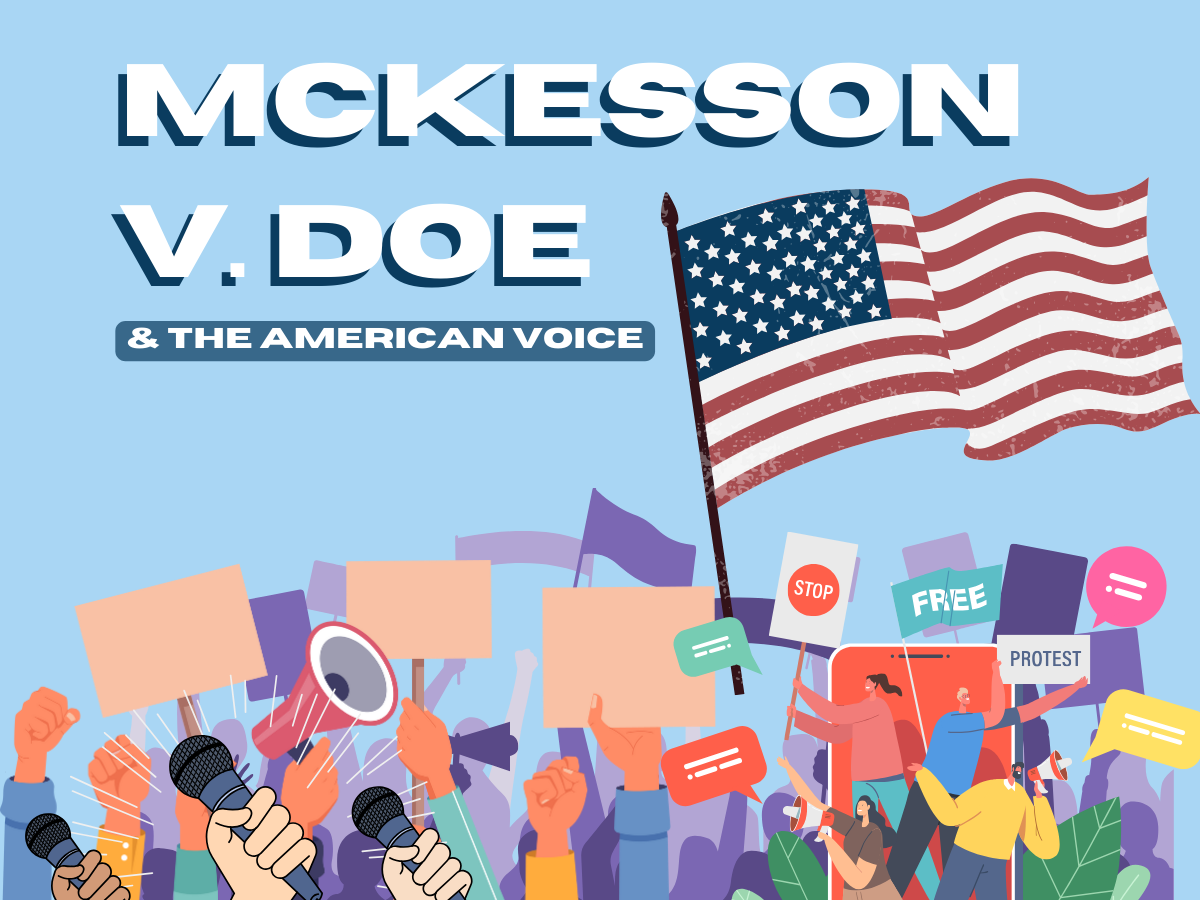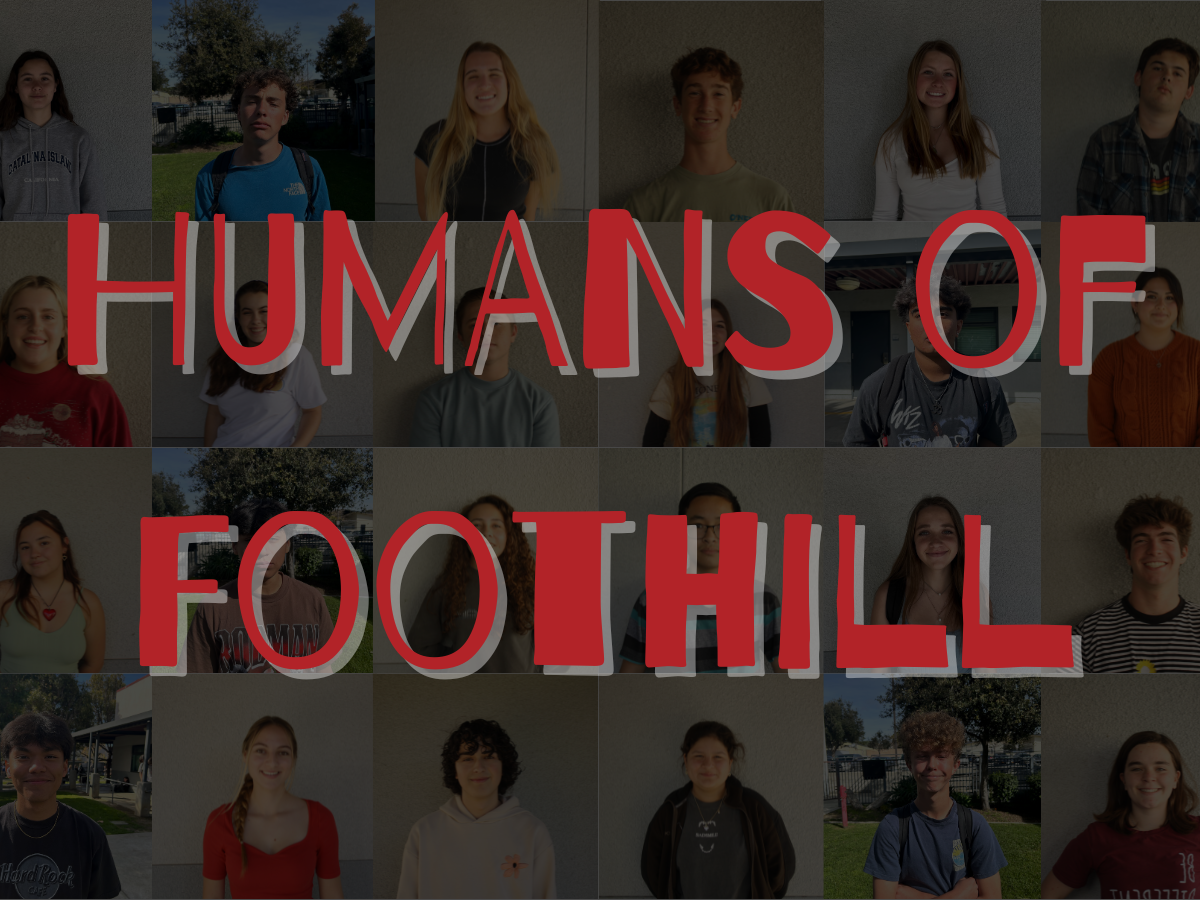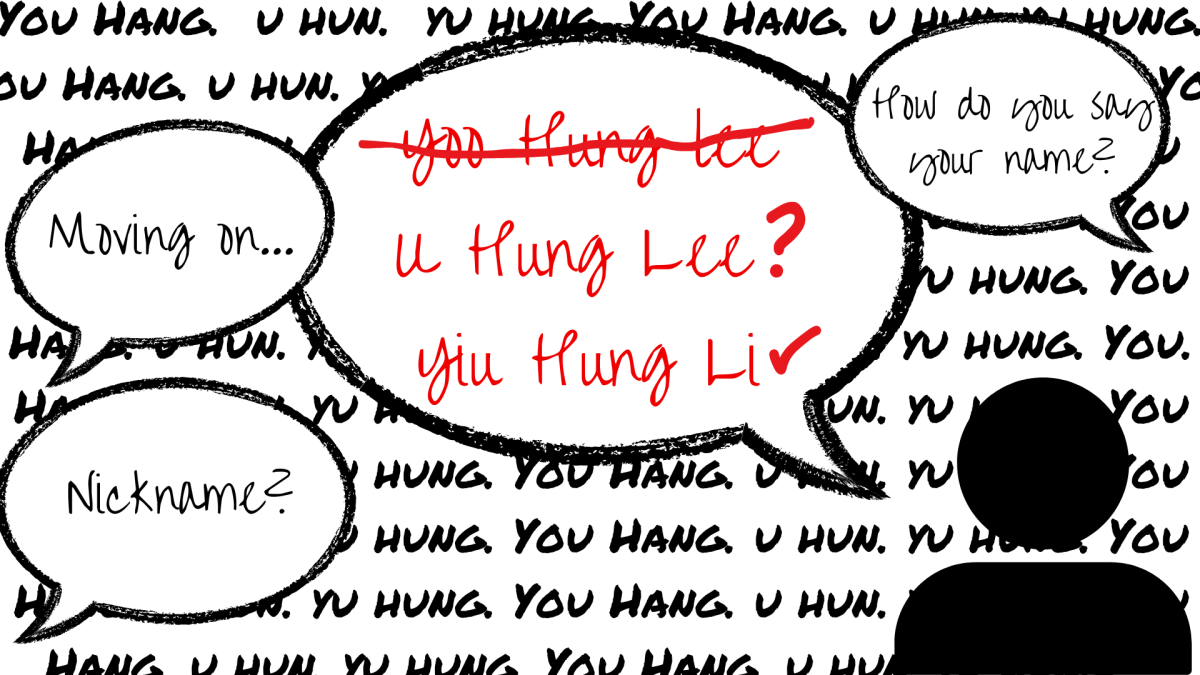
Video games as we know them may soon change forever.
A high-profile Supreme Court case is currently playing out in our nation’s capitol that could redefine the basic definition of what Americans think of as free speech.
At issue is a proposed California state law that would criminalize the sale of certain “ultra-violent” video games to children and teens under 18. Specifically, the law comes with a maximum $1,000 fine for any store caught selling one of these games to an underage person.The case, Schwarzenegger v. The Entertainment Software Association and the Entertainment Merchants Association, 08-1448, is being fought between the state of California, and two industry lobbying groups.
Some Foothill students are concerned the outcome of this case might infringe on their First Amendment rights.
“A game as innocent as Mario Party could potentially be included under the definition of violence written in this law,” said Senior Lindsay Boyd. “It seems to me that games that are far less violent than this law is meant to cover could easily be thrown into this new special category of games.”
However, those defending the law point to specific examples of especially graphic games that they think would be the sole target of the law. One such game targeted by lawmakers is Postal 2, which involves shooting both armed and unarmed characters, such as police officers and schoolgirls.
A court brief described Postal 2 in this way: “Girls attacked with a shovel will beg for mercy; the player can be merciless and decapitate them. People shot in the leg will fall down and crawl; the player can pour gasoline over them, set them on fire, and urinate on them.”
{sidebar id=3}
“Millions of kids” able to get their hands on M-rated video games
To investigate both sides of the issue, the Foothill Dragon Press recently spoke with two prominent figures on the issue: Adam Keigwin, the chief of staff for California State Senator Leeland Yee (D-San Francisco/San Mateo); and Adam Sessler, video game journalist and host of G4TV’s show X-Play.
Keigwin, a proponent of the law, expressed concern about the “failure” of the video game industry to properly restrict minors from accessing explicitly violent material.
“Twenty to 30 percent of 13- to 16-year-olds are still able to buy M-rated video games,” he said, citing a 2007 Federal Trade Commission Report. “This means that millions of kids are still getting their hands on these games every year.”
The kids who are seeking out these games are the ones who may have the highest lack of “pro-social activities” in their lives,
{sidebar id=4}
Keigwin said. Because of that, he believes these are probably the children who need help the most.
Keigwin draws a distinct line between the impact of video games and other, more passive, forms of entertainment on children.
“Video games provide a much more immersive experience than watching a movie, for example,” he explained. “Video games…give the player a sort of instant feedback or reward, if you will, for committing these violent actions on screen.”
Law could create “a snowball effect” for all forms of entertainment
Sessler, however, was quick to point out how the law could possibly provide a broad, disturbing precedent.
“Violence has never been applied under the legal definition for obscenity, and if a new exception is created for this case, there’s no reason it couldn’t be moved to movies, books, and so on,” he said. “This law could end up creating a dangerous snowball effect for other types media with regard to minors’ access to it.”Sessler also worries about the wording within the law.
“The wording in it is very vague, and if a law like this is allowed is pass it creates a whole new exception to the First Amendment,” he said.
By doing this the Supreme Court would be opening the door on a whole new category of content that could potentially be restricted, he said.“In order to pass Constitutional muster with the Supreme Court, I think the state of California will have to get a lot more narrow with its definition of ‘obscenely violent’ content,” Sessler stated.
Keigwin also seemed to agree with this point, at least in part.
“This may end up being an opportunity for us to get advice from the Supreme Court on how we can go back and rewrite this law so that it falls within the limits of the First Amendment.”
Law could create a “slippery slope” for other laws to follow
Sessler, who was present at the Supreme Court while the oral arguments were being heard on the California law, predicted that the court would hand down a ruling “somewhere between 3-6 or 2-7 against the law.”
A number of justices stood out as being strongly against the law, Sessler said.
“Justice Scalia seemed to find fault with the law, speaking about how this could create a ‘slippery slope’ of sorts for more restrictive laws to follow,” Sessler said. “Justice Kagan brought up the point that a game like Mortal Combat could potentially fall under this law, and stating that ‘even people in this office play that game.’ ”
The minority who seemed to be in favor of the law were Justices Briar and Roberts, Sessler said.During the oral arguments, some of the justices pointed to the lack of any age-distinction in the law.
“Is it okay for a 12-year-old? A 17-year-old?” said Justice Ruth Ginsberg to the California attorney. “This statute requires labeling these games in big letters ‘18+’. So this law in California doesn’t make any distinctions between 17 and 4-year-olds.”
Justices also found problems with the defense’s position, with Justice Anthony Kennedy stating in court: “The vast majority of the questions at issue today are designed to probe whether or not this statute is vague. And we have ruled in the past that there are certain types of material that are not covered by the First Amendment, such as some sexual material, but you’re asking us to go into an entirely new area, where there is no scientific consensus, and this indicates to me that this law might be vague.”
Law needs to be “way more specific”
The question of whether violent or sexual material is harmful to minors is one that has been debated for decades, with countless studies pointing to either side of the argument.
What either side of this case boils down to is the basic question of what should be defined as obscene, and thus unprotected material. In the United States, obscene content is judged by a legal standard called the Miller Test,which uses a three-point checklist that all material must meet in order to be deemed unprotected by the First Amendment.
The test states a work is unprotected if:
-
the average person, applying “contemporary community standards” would find the work, taken as a whole, appeals to the prurient interest;
-
the work depicts or describes, in a patently offensive way, sexual conduct specifically defined by the applicable state law’
-
the work, taken as a whole, lacks serious literary, artistic, political or scientific value.
There was a general agreement among the Foothill students, however, that this law is a bad idea. Junior Luke Barnett, feels that while the intentions behind the law were well-founded, there is no practical way for the law to be enforced in the real world.
Barnett noted that it would be impossible and impractical for every distraught parent who discovered their child had purchased an “ultra-violent” game to tie up the legal system with lawsuits against companies and merchants that had produced or sold a specific game to a child.
“They need to be way more specific when it comes to saying who exactly would be determine which games fall under this law, and in specifying how the law would be enforced,” Barnett said.Junior Casey Mulholland is concerned the law would hamper the “creative freedom of video game developers” by making them wary of potential prosecution for producing an obscene game.
{jcomments on}







